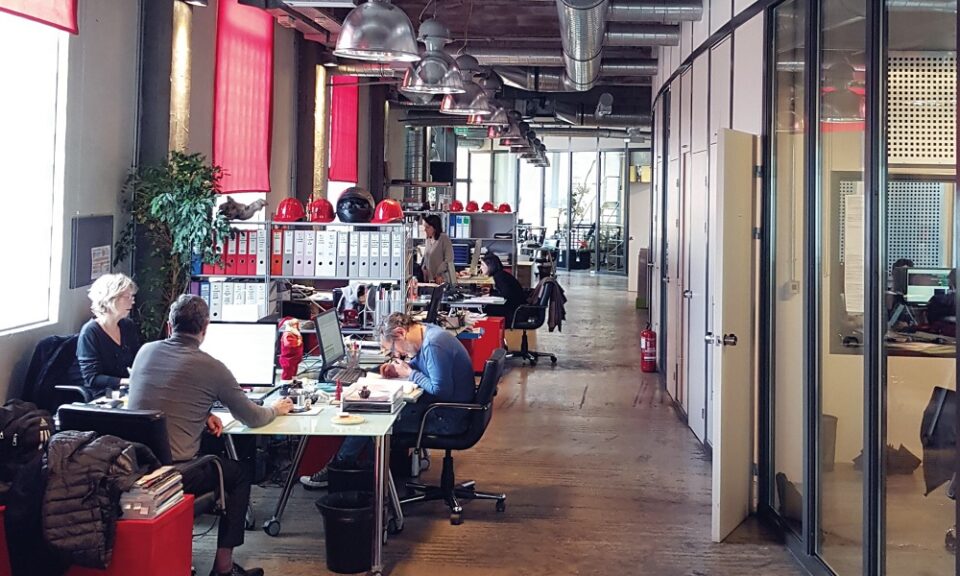As remote work continues to grow in popularity, there is an increasing demand for coworking spaces that allow residents to have a dedicated workspace outside of their living quarters. Apartment buildings can cater to this need by incorporating coworking areas into their amenities.
Planning the Coworking Space
When planning a coworking space in business apartments, there are several key considerations:
Design and Layout
The design should provide a variety of work environments to accommodate different needs, such as collaborative spaces, private booths or offices, and quiet zones. Flexible furniture that can be easily rearranged is ideal. Proper lighting, acoustics, and ventilation are also crucial for productivity and comfort.
Internet Connectivity
A robust and high-speed internet connection is essential for a coworking space. The building may need to upgrade its WiFi infrastructure or explore options like 5G small cells to ensure reliable connectivity throughout the space.
Access Control
Implementing an access control system, such as smart locks or intercom systems, is important for security and privacy. Residents should be able to easily grant access to guests or service providers, while non-residents may require separate access management.
Amenities and Services
Depending on the target users, the coworking space could offer additional amenities like printing facilities, video conferencing rooms, kitchenettes, or even on-site cafes or restaurants.
Integrating with the Building
Existing apartment buildings may need to repurpose underutilized spaces like management offices or convert common areas like lounges or demonstration kitchens into coworking zones. New developments can allocate dedicated spaces during the design phase.
Incorporating biophilic design elements, such as natural lighting, indoor plants, and water features, can create a more pleasant and productive working environment. Maximizing natural ventilation and using sustainable materials can also contribute to the overall appeal.
Operational Considerations
Property managers will need to decide whether the coworking space will be exclusive to residents or open to non-residents as well. If open to non-residents, additional staffing, marketing, and pricing strategies may be required.
Compliance with local zoning laws and regulations is also crucial, as some areas may have restrictions on operating commercial spaces within residential buildings.
Effective communication and training are essential to ensure residents understand how to use the coworking space and any associated rules or guidelines.
By thoughtfully designing and implementing coworking spaces, apartment buildings can offer a valuable amenity that caters to the evolving needs of remote workers while potentially generating additional revenue streams.

